How the seasons can affect our horses
How do the seasons affect horses in Australia? The change of the seasons can affect our horses in ways other than what we as horse owners know and or...

With a solution-focused approach, we collaborate closely with clients and consultant teams to align on scope, time frames, design objectives, and cost. We’re committed to delivering a strong return on your investment. Are you interested in our work in the commercial and industrial sectors?

Our client, a vet and sheep farmer, needed a shearing shed and yard cover designed for efficiency and innovation. Partnering with our team, he collaborated with fit-out providers to create two custom steel structures tailored to his farm’s needs. His farm is now equipped for better working conditions and long-term success.

Providing Industry-Leading Steel Building Solutions
Central Steel Build, committed to innovation, quality, and customer satisfaction, has solidified its reputation as an industry leader. We're revolutionising agricultural structures, and transforming how farmers and producers approach building solutions. If you’re interested in our work in the agricultural sector, read the article to discover how we’re transforming building solutions.

Oritech combined office and warehouse
Oritech Pty Ltd partnered with us to build a modern office and warehouse facility in Mitchell Park, Victoria. The design featured innovative L-shaped tilt panels for both function and style. Using our Pro. building approach, we delivered a durable, cost-effective, high-quality solution. Seamless collaboration ensured the project was completed on time and within budget.
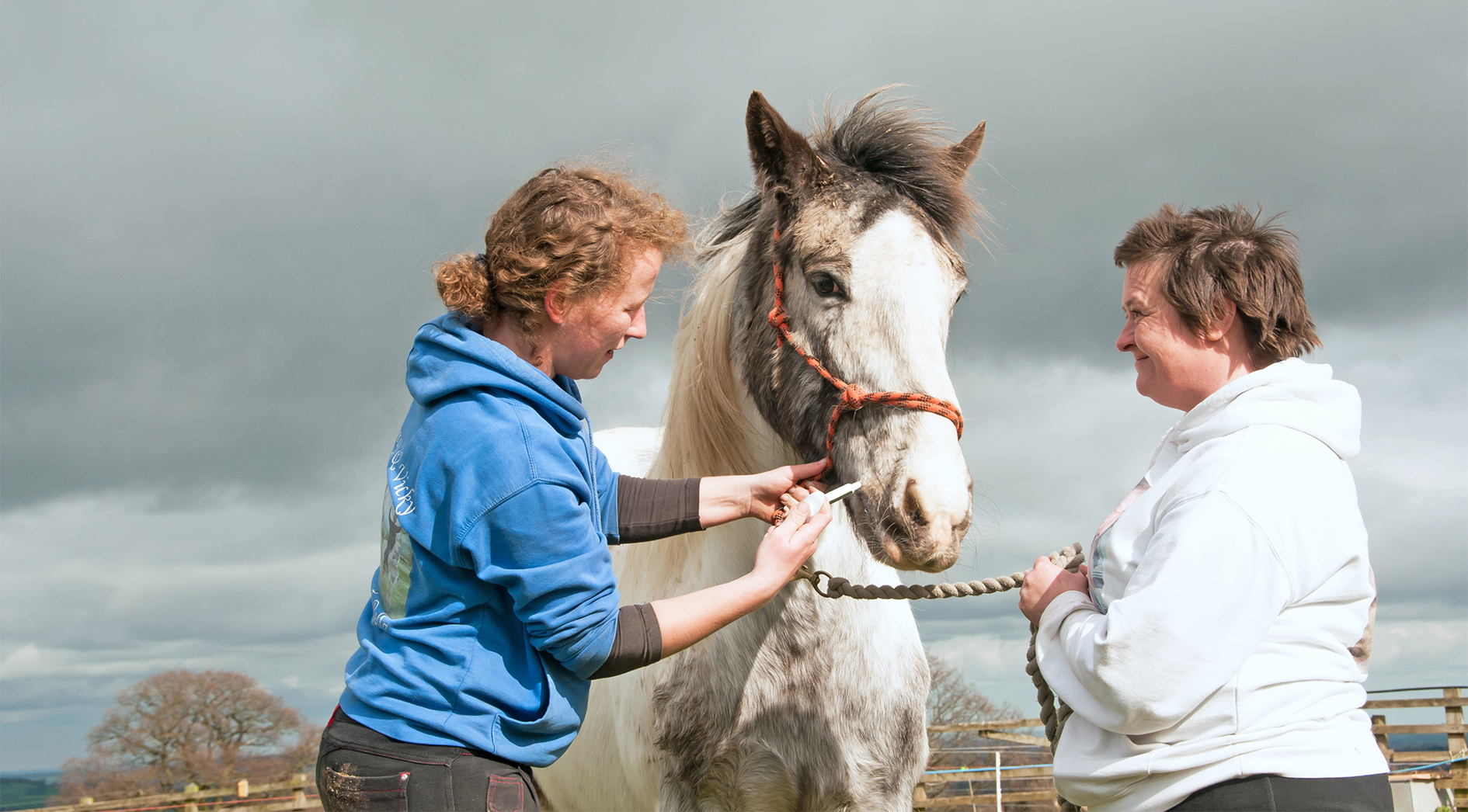
Horse owners look forward to the benefits of Autumn weather, perfect sunny days with a cool relief to ride, making the most of the last of daylight evenings and enjoying competition season. However, the less exciting part of the season is that it is a crucial time to worm your horses.
In the current conditions Australian horse paddocks are full of worm larvae and their eggs, waiting for the chance to infest your horses. Depending on the type of worm and how many are present, worm infestations have the potential to cause serious concerns such as weight loss, ill thrift, poor condition, diarrhoea, constipation, colic and even death. It is vital for your horses’ health to keep them safe from these parasites.
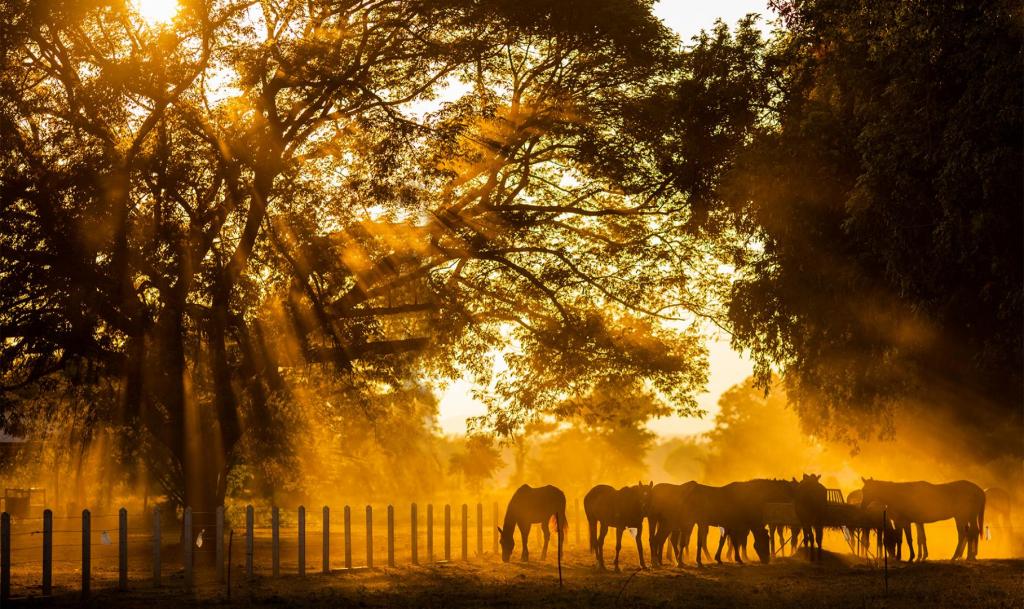
Internal parasites do not thrive and multiply in unconducive environments such as very hot or extremely cold weather. Worms prefer moderate temperatures between 22 and 30 degrees Celsius, as well as moist conditions.
All horse owners living in tropical or coastal regions usually experience longer intervals of parasite activity in their paddocks due to high humidity and temperate conditions. However, on average most regions in Australia encounter an increase in parasites from March through to the end of May.
Bots and pinworms are especially common in Autumn weather. Adult Bot flies lay their eggs on horses in late summer and these eggs mature into larvae in Autumn. They will remain in the stomach to grow over Winter unless treated effectively. However, pinworms lay their eggs around the anal and perineal region (under the tail) and are very itchy for horses. The eggs can persist in the stable, on grooming tools, fence posts and in the environment for long periods of time.
The best way to determine if your horse may have worms or not is to conduct a Faecal Egg Count (FEC) at least once a year. Doing this in Spring or Autumn will make sure that you have gauged the number of worm eggs in a peak time. Therefore, you will know how susceptible your horses are to the worm eggs on your pasture.
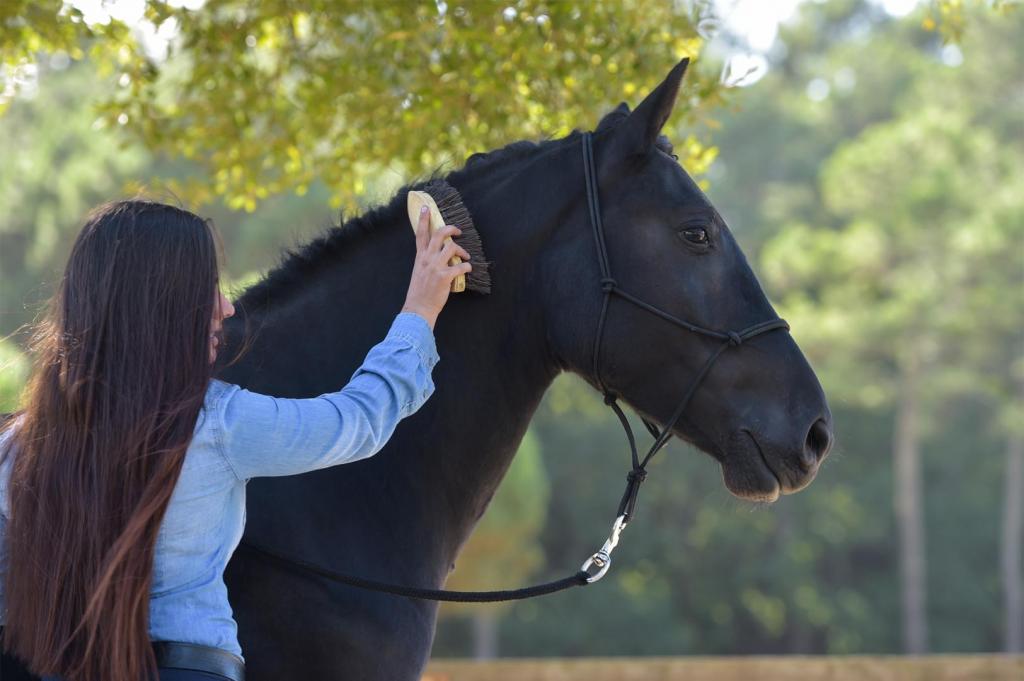
High shedding horses can require worming more often than low shedders, who may only need preventative treatment once or twice a year. If having a FEC performed for your horses is not an option, the next best thing to do is worm regularly throughout the year using combination actives that provide protection from seasonally active parasites.
Information credits: petcircle.com.au horseland.com.au
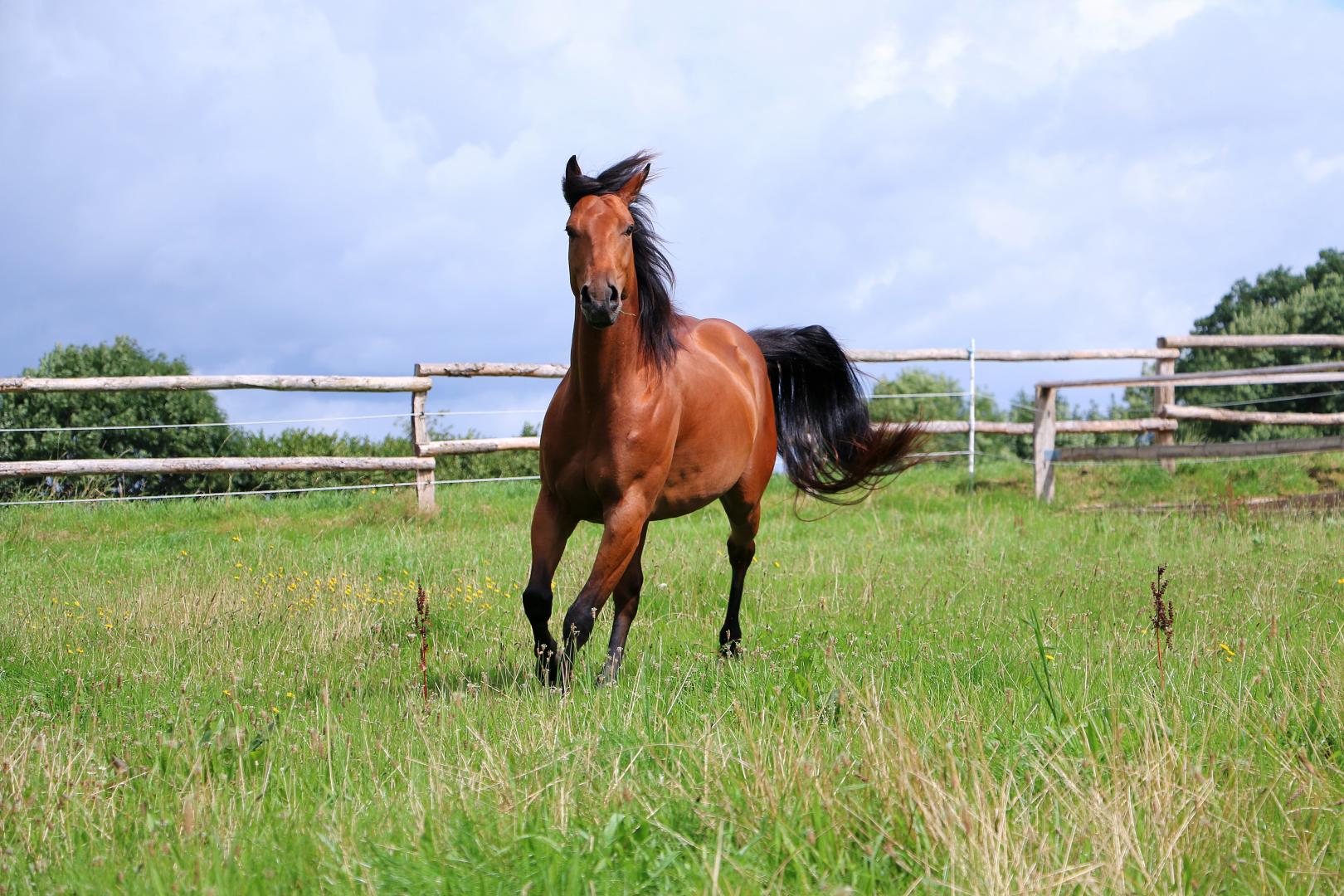
How do the seasons affect horses in Australia? The change of the seasons can affect our horses in ways other than what we as horse owners know and or...
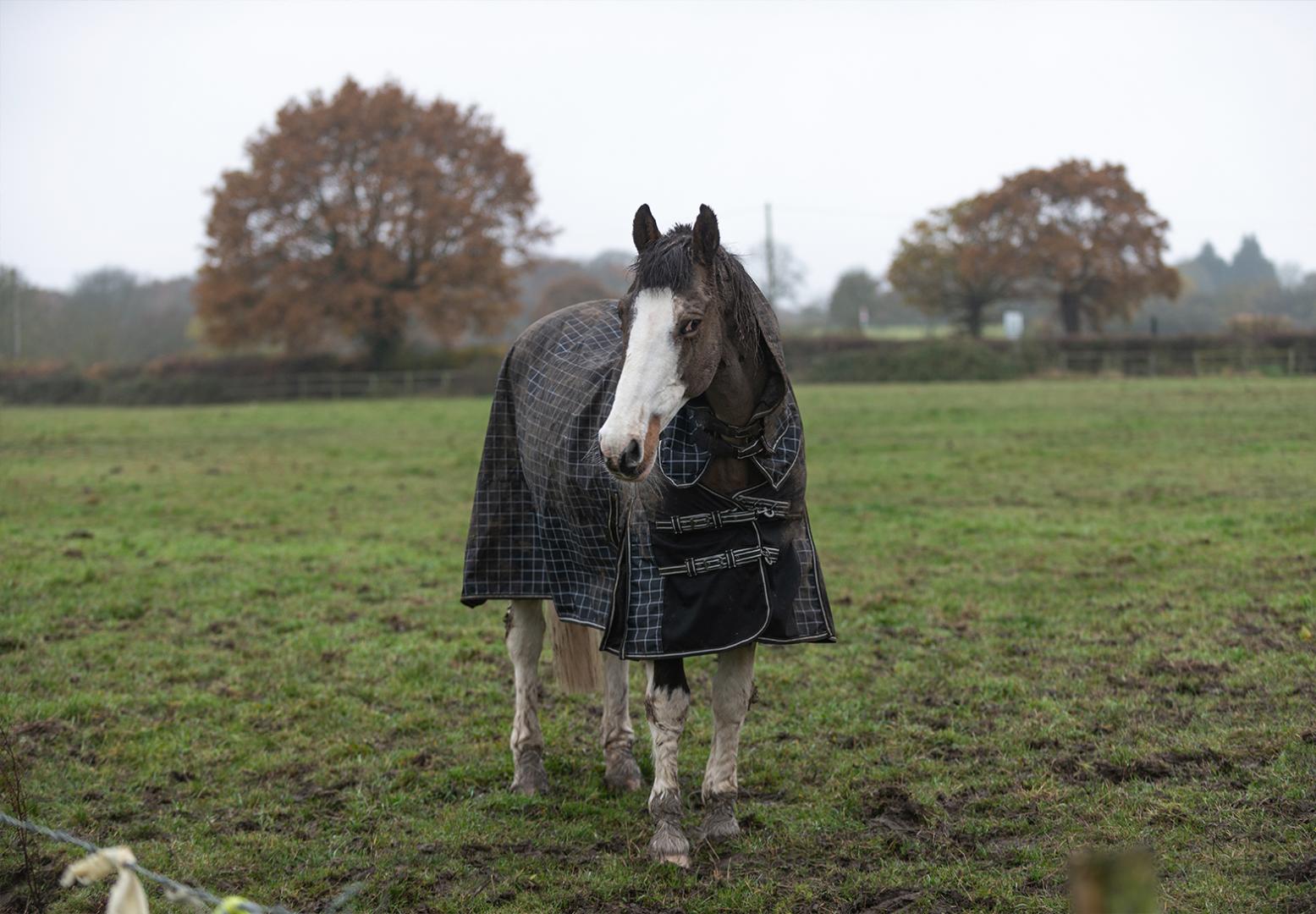
Top tips for winter horse care Caring for horses is a big job all year-round but in winter there are extra considerations to keep horses happy and...
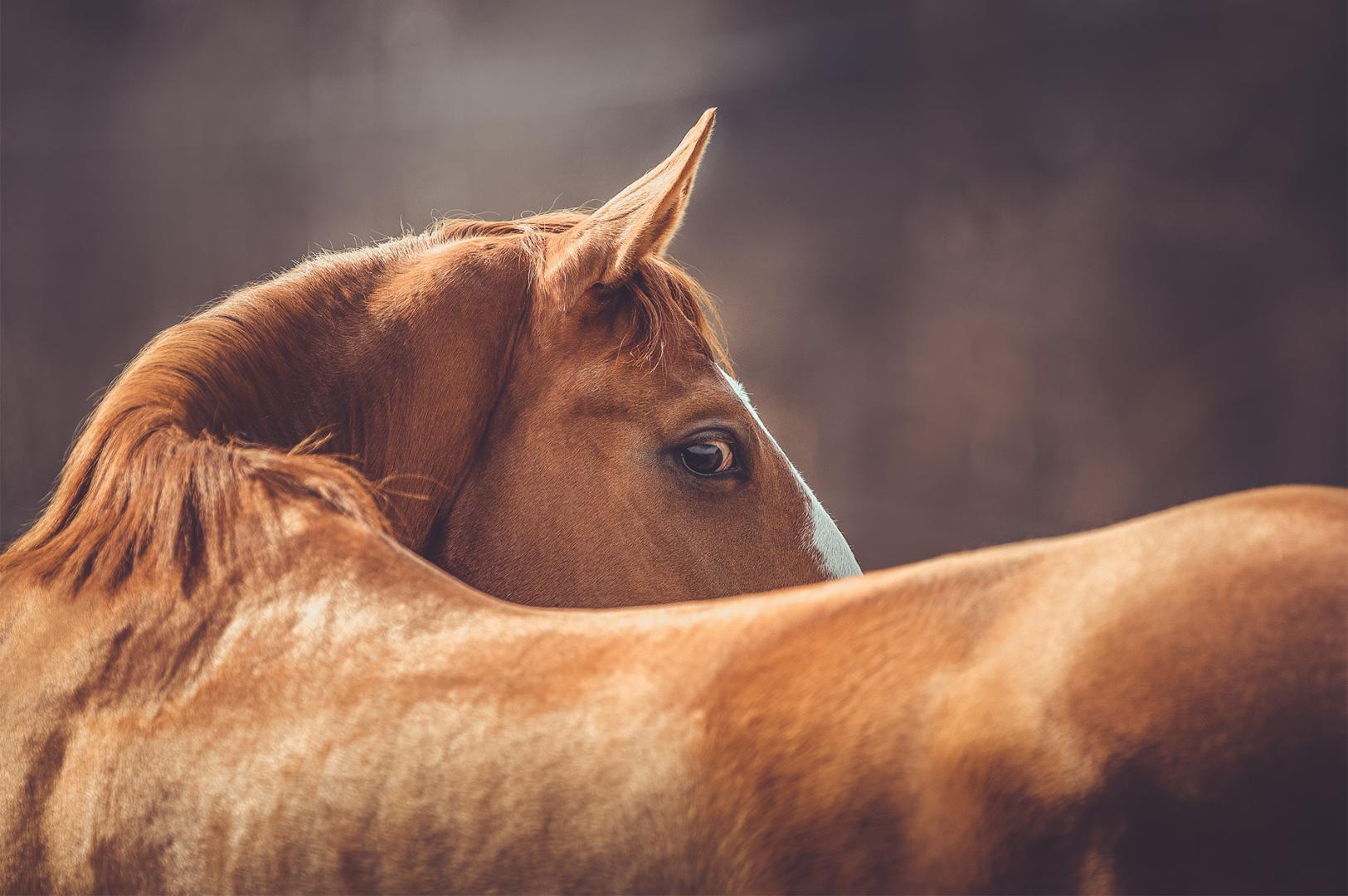
What is Topline Syndrome? A horse’s topline refers to the muscles that support the spine from neck to hindquarters. The topline is an important...